Can Cats Drink Spoiled Milk?
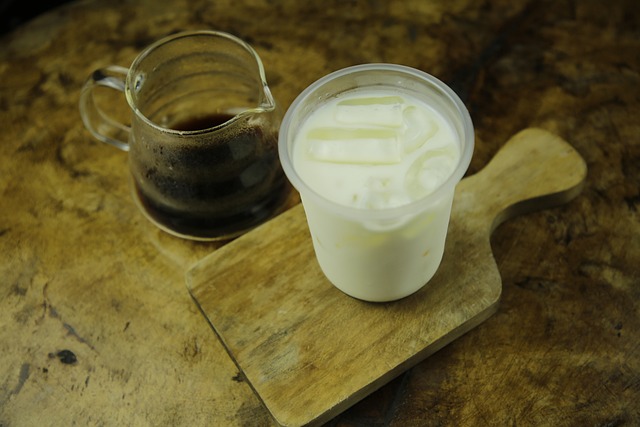
Ever wondered if cats can drink spoiled milk?
Are you worried sick about the potential harmful effects on your feline friend? 😨
Imagine this:
You open the fridge, only to find that carton your forgetful self left behind, now oh-so-questionable.
Panic sets in as you imagine the worst-case scenario for your beloved furball.
Well, today we're diving into this controversial topic together.
Let's put those worries to rest, shall we?
Effects of Spoiled Milk on Cats: Symptoms and Consequences
Spoiled milk can seriously mess up your cat.
Let's talk about what happens when they drink it, shall we?
If your furry buddy drinks spoiled milk, they might get some serious tummy trouble like nausea, vomiting, and diarrhea.
Believe me, it's not a pretty sight.
And let's not forget those lactose-intolerant cats!
If your kitty falls into that category, their stomach will get even more upset.
They could end up with cramps and indigestion - all because of that rotten milk.
But here's the real deal:
If your cat guzzles down a lot of spoiled milk, they could end up with major tummy issues and even food poisoning.
And that's no laughing matter, especially for those little balls of fur out there.
Their sensitive tummies just can't handle bad dairy products.
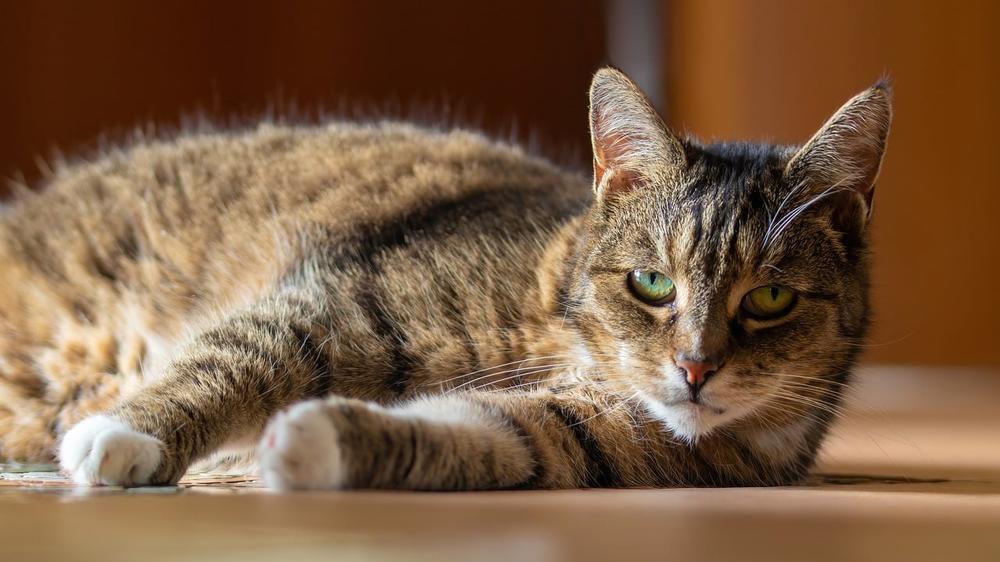
So, what should you do?
Take them to the vet pronto if they have a strong reaction to the milk.
Feeding your cat spoiled milk is NOT a good move.
You don't want to risk irritating their stomach or making them sick.
Why?
Because by consuming spoiled milk, they could expose themselves to harmful bacteria that can make them seriously ill.
This is especially true for cats with kidney problems - they're at an even higher risk.
Oh, and did I mention toxic chemicals?
Yeah, those lovely things can also be found in spoiled milk. A chemical called aflatoxin is one example that can pose long-term risks for your cat.
And guess what?
Expired milk can cause urinary issues too.
So please, do your adorable feline mate a favor and keep that spoiled milk far away from them.
It's simply not worth the gamble. 😺
Main points I'll expand upon further down this article:
- Drinking spoiled milk may result in a foul taste for cats.
- Cats can develop complications from drinking milk due to lactose intolerance.
- Always check the validity of milk before feeding it to a cat.
- Milk in any form is potentially harmful to cats.
- Rehydration solution and other foods can help treat stomach upsets.
- Cats can tolerate fresh or pasteurized milk from cows and goats.
- Sour or curdled milk can lead to diarrhea and vomiting in cats.
- Cats should be given water after consuming spoiled milk.
- Seek veterinary attention if your cat is still sick after 24 hours.
- Cats should only be given milk in moderation to prevent health issues.
And now, let's take a closer look at whether small quantities of expired milk can pose any harm to our feline friends.
Can Cats Drink Expired Milk?
So, can cats drink expired milk?
Well, let me put it this way: Drinking expired milk in small quantities is unlikely to cause immediate harm to cats.
However, it may result in a foul taste or mild stomach upset.
You see, cats may develop complications due to lactose intolerance when consuming milk. This means you need to check the validity of milk before feeding it to your cats.
On top of that, always make sure that you cover the milk when it's not being consumed.
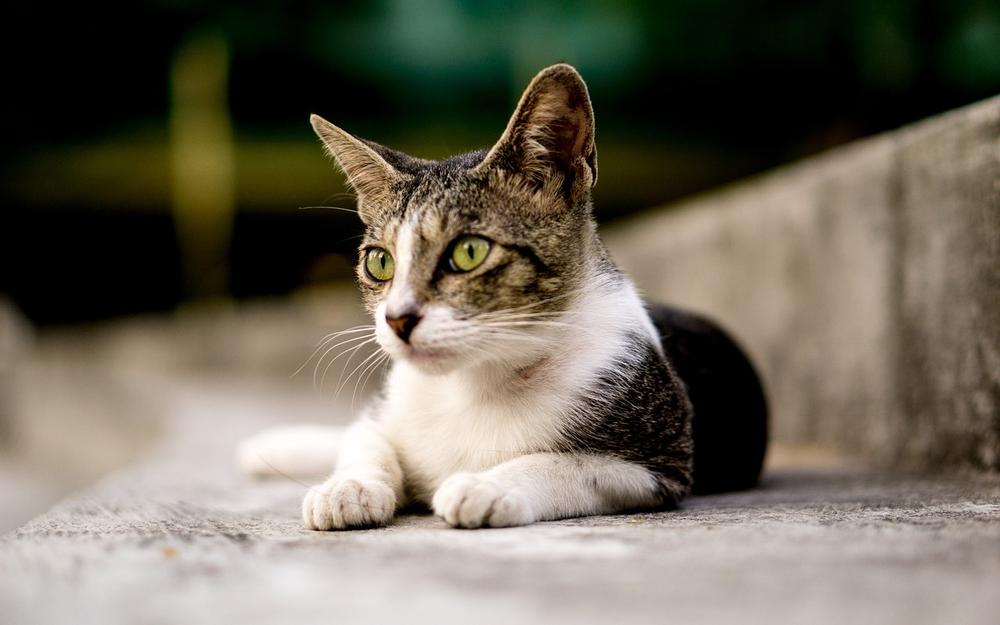
And here's something vital to note:
Milk, in any form, is harmful to cats.
But fresh or pasteurized milk from cows and goats can be tolerated by cats without any issues.
Now, if your furry friend experiences stomach upsets, there are a few things you can try.
For example, rehydration solutions can be helpful, as well as foods like powdered milk, canned pumpkin, banana, and yogurt.
These options can be beneficial in treating the symptoms that your cat might experience.
Just keep these tips in mind when it comes to giving milk to your feline companion.
Why Sour Milk Can Be Bad for Cats?
Cats cannot tolerate lactose, making sour milk harmful to their sensitive digestive systems. Consuming spoiled milk can lead to diarrhea and vomiting. Even fresh milk can cause issues. Cats dislike foul smells and struggle to digest lactose, especially when it has gone bad. Keep milk away from cats to avoid tummy troubles.
Cats aren't equipped to handle sour milk, let me enlighten you on this.
Their sensitive digestive systems make them especially vulnerable to complications and in essence unhealthiness caused by consuming sour milk. It's not a good situation at all, trust me.
Now, here's the thing:
Most cats can't tolerate lactose.
Sounds fancy, I know, but it simply means their bodies can't handle dairy products like sour or curdled milk.
So, treating your furry friend to spoiled milk is basically inviting unpleasant surprises like diarrhea and vomiting.
And believe me, nobody wants that!
Even fresh milk can cause trouble for cats.
Can you imagine Whiskers experiencing bouts of diarrhea and vomiting just because of a harmless glass of milk?
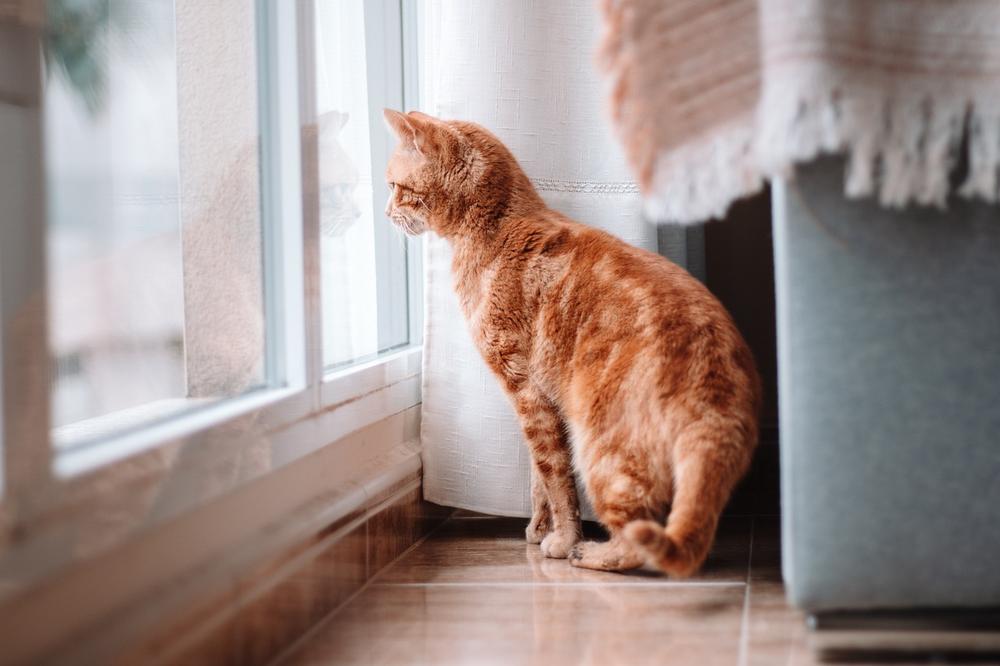
Well, it's no exaggeration.
These issues are possibilities, my friend.
When milk goes bad, it starts emitting a nasty odor.
And truth be told, cats don't appreciate anything with foul smells.
On top of that, their bodies struggle even more to digest lactose, particularly when it's gone bad.
In conclusion, folks, keep a safe distance between your beloved feline friends and that milk carton. Trust me, their tummies will genuinely thank you for it!
Now, here's the deal...
What should you do if your cat shows symptoms of illness after consuming spoiled milk?
Don't worry, I've got you covered.
Let's dive into the actions you should take and the timeline for your feline friend's recovery.
How Long Will My Cat Be Sick After Drinking Spoiled Milk?
If your cat drinks bad milk and gets sick, don't freak out.
The throwing up and the pooping should stop within a day.
But if your furry buddy doesn't get better or gets worse, it's time to take them to the vet.
I'm not an expert, but letting your cat drink lots of fresh water might help clean out their system.
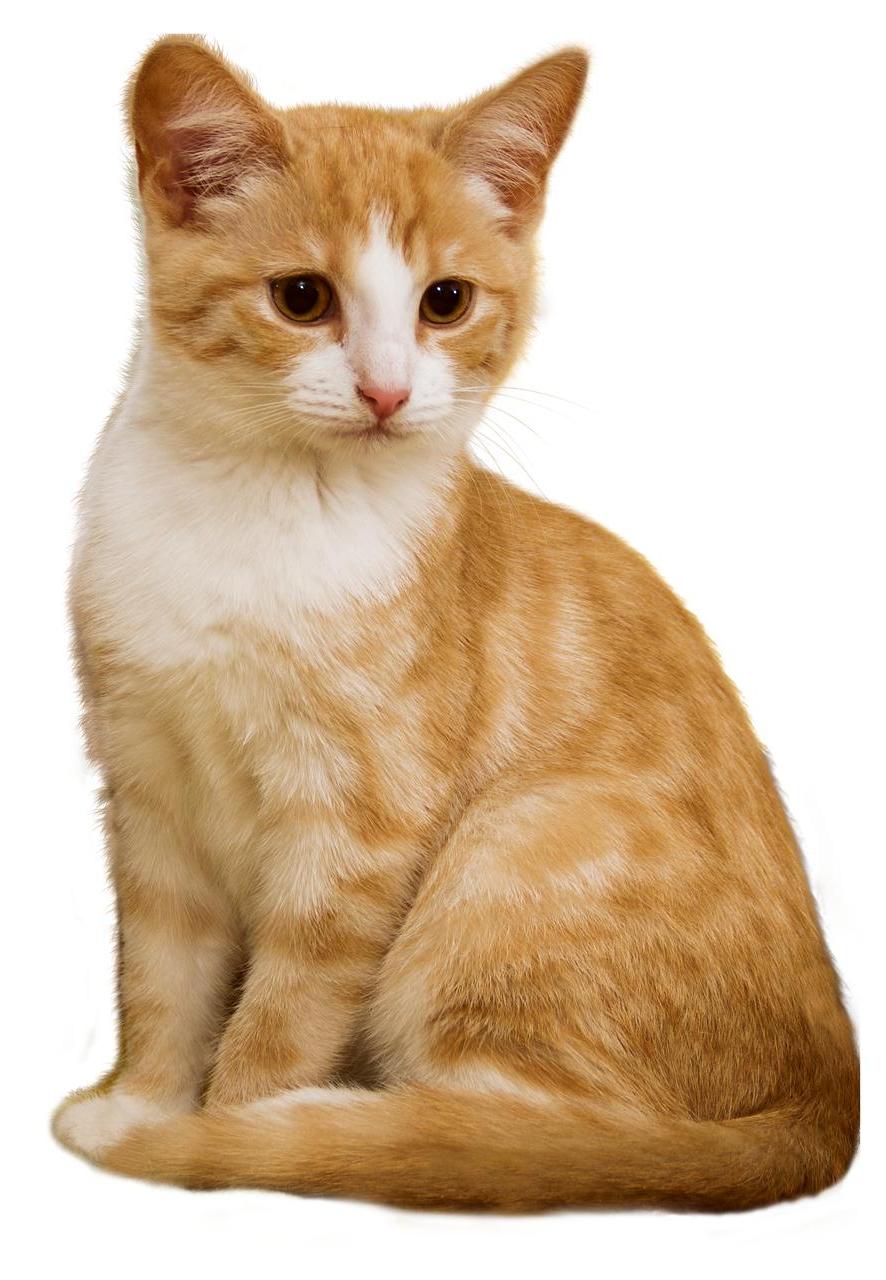
And keep an eye on your little pal's health for the next 24 hours just to be safe.
Make sure they're back to being their playful selves.
But seriously, remember that it's best to prevent this in the first place.
Don't let your kitty anywhere near that spoiled milk.
Be a responsible cat parent and avoid any potential harm.
And now, let's take a closer look at why your cat should steer clear of spoiled milk and opt for fresh water instead:
The Top Substitute for Cow's Milk for Cats
When it comes to choosing the best alternative to cow's milk for cats, fresh and clean water is the top choice. Cats are lactose intolerant, so giving them milk in large quantities can lead to kidney and urinary problems.
If you still want to give your cat a treat once in a while, limit it to a couple of teaspoons of milk every week or every two weeks.
But keep in mind that milk offers no real benefit to adult cats, and it can cause digestive issues and obesity.
For kittens, they can digest lactose initially, but they should stick to kitten formula or their mother cat's milk.
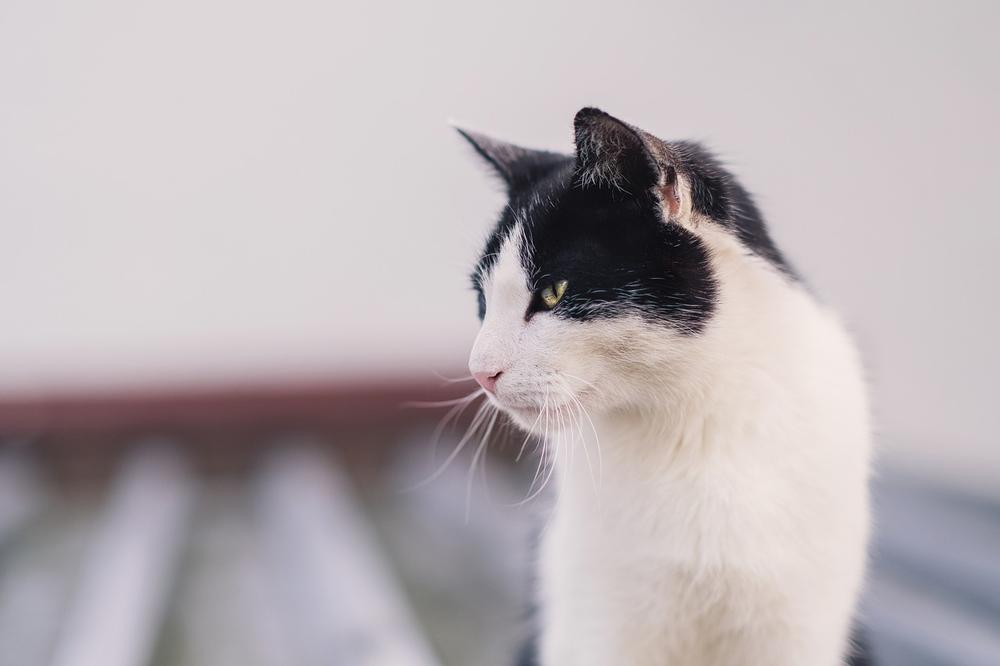
As they grow older, more than half of adult cats become lactose intolerant.
So if you must feed your cat milk, it's best to choose manufactured milk with reduced lactose content.
In essence, prioritizing your cat's health means providing a balanced diet that meets their nutritional needs. And please remember, water should always be the primary source of hydration. Train your cat to drink water instead of milk, and ensure to change their water bowl daily.
Lastly, if you're intrigued about whether cats can safely consume lactose-free milk and if it serves as a healthy alternative for them, you'll find my guide very informative.
Discover the answer to your questions in my article on Can Cats Drink Lactose Free Milk.
Feasibility of Cats Drinking Fermented Milk
Reduced lactose fermented milk products can help improve your cat's digestion.
If your cat loves cheese but suffers from lactose intolerance, these products provide an alternative source of nutrients. Fermented milk products contain a protein similar to casein in milk, which attracts cats to cheese.
Even though cats cannot digest lactose well, they can still receive the benefits of fermented milk products.
So, instead of denying your feline friend their cravings for creamy goodness, opt for these specially formulated options that cater to their dietary needs.
And that wraps up today's article.
If you wish to read more of my useful articles, I recommend you check out some of these: Can Humans Drink Cat Milk, Can Cats Drink Dog Milk, and Can Pregnant Cats Drink Milk
Talk soon,
-Sarah Davis